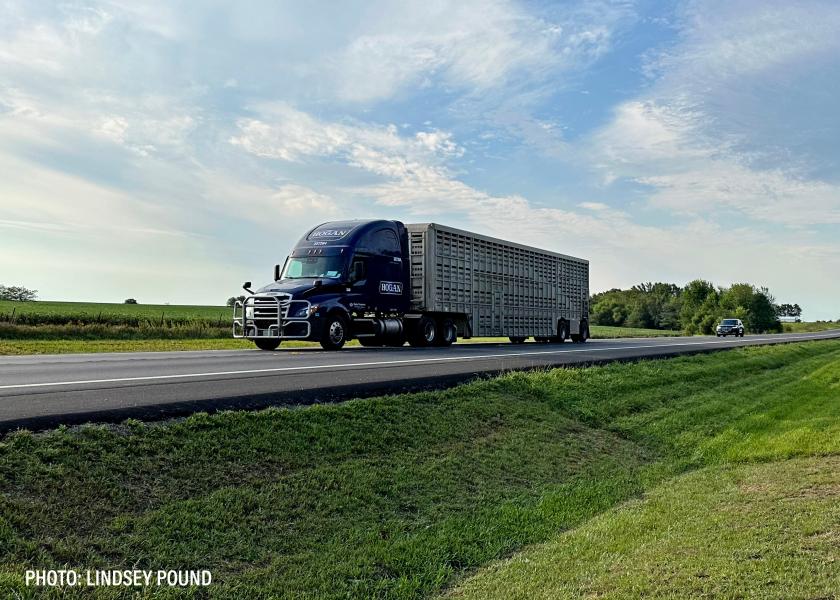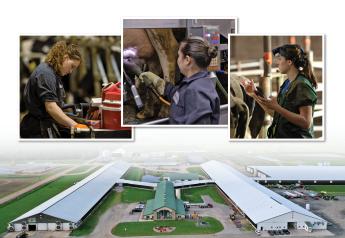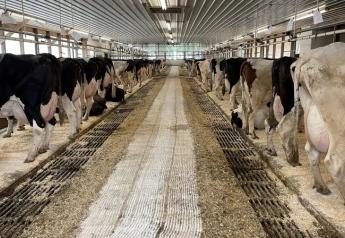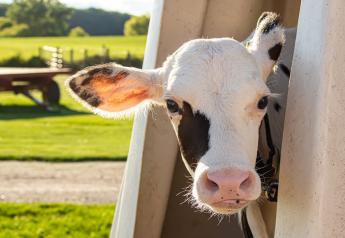New Regulation: Dairy Cattle Entry into Nebraska Now Requires Permit Amid HPAI Bird Flu Concerns

In an effort to increase its biosecurity measures, the Nebraska Department of Agriculture (NDA) has issued a restriction on the importation of dairy cattle because of the recent outbreak of Highly Pathogenic Avian Influenza (HPAI), also known as bird flu.
According to a statement issued by Governor, Jim Pillen, the new order requires all breeding female dairy cattle coming into the state to have a permit issued by the NDA first. To obtain a permit, dairy producers will need to contact the NDA and consult with their local veterinarian. The new importation order will be in place for 30 days (until April 30, 2024) and will be re-evaluated at that time.
Currently, HPAI has been detected in lactating dairy cattle in states such as Texas, New Mexico, Michigan, and Idaho, as well as Nebraska’s bordering state, Kansas.
“Animal health and disease control are essential to the livestock industry and health of Nebraska’s economy,” says Sherry Vinton, NDA director. “NDA is closely monitoring this HPAI illness in livestock. We will do what’s right to advocate for Nebraska producers, to protect the health of Nebraska livestock, and to minimize the impact HPAI will have on dairy producers in the state.”
In addition to applying for a permit to import cattle into the state, the NDA recommends dairy producers adhere to strict biosecurity practices and quarantining new animals into herds for 30 days, if possible. If dairy producers notice symptoms such as a sudden drop in milk production, changes in milk color/consistency, decreased feed intake, and other clinical signs, they should contact their herd veterinarian and the Nebraska Department of Agriculture immediately.
“The health and safety of livestock in Nebraska is top priority,” says State Veterinarian Roger Dudley, DMV. “At this time, it appears the HPAI illness found in dairy operations in some states only affects lactating dairy cows and is not being seen in other segments of the cattle industry. Now, more than ever, is the time to enhance biosecurity measures on farms and ranches to help protect livestock from illness.”
- Rare Human Case of Bird Flu Confirmed. Officials Believe it Began on Texas Dairy
- Strange Bird Flu Outbreak, HPAI, Now Detected at Idaho Dairy
- APHIS Now Thinks Wild Birds Are to Blame for Highly Pathogenic Avian Influenza's Arrival on Four U.S. Dairies
- BREAKING: Mystery Illness Impacting Texas, Kansas Dairy Cattle is Confirmed as Highly Pathogenic Avian Influenza Strain
- Meat Institute: Properly Prepared Beef is Safe to Eat; HPAI is not a Food Safety Threat







